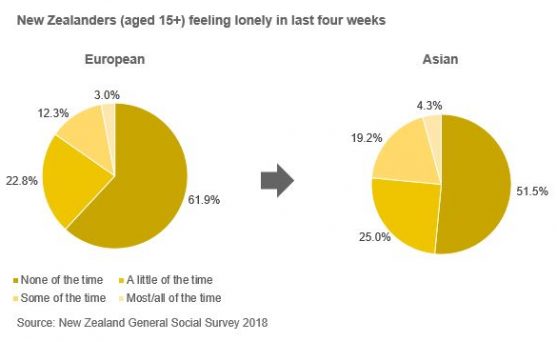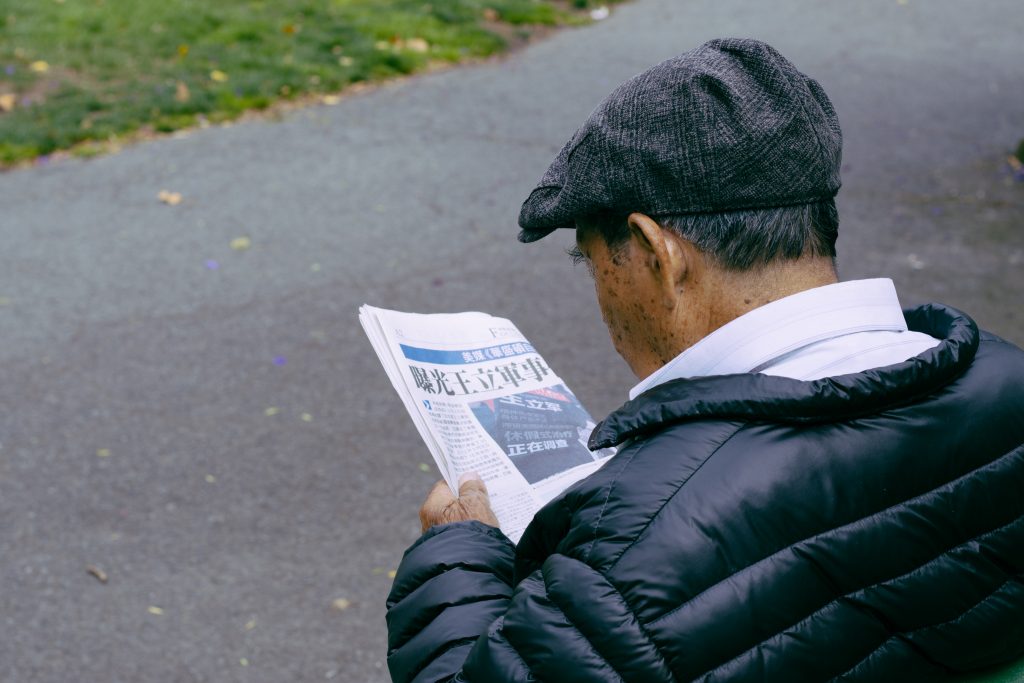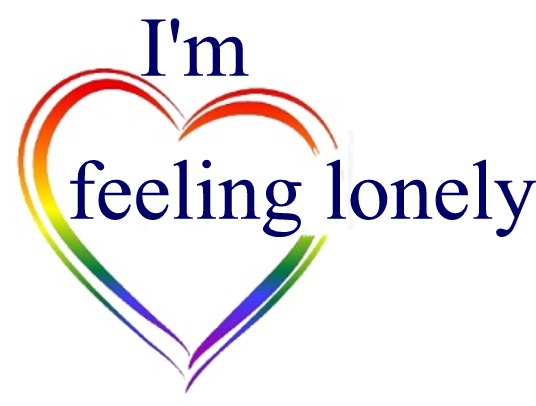Asian and lonely
It’s so interesting the diverse backgrounds that Asians like you might have. As an Asian reading this now you could be coming from any one of over 30 countries, each with their own set of regional languages and dialects….and some of you even born in New Zealand. And if you are religious, you might belong to any one of over 15 religious groups. So we expect that you might find it frustrating when some New Zealanders think you are all the same.
We realise another area where you are all different is how adjusted you are to New Zealand being your home. Some of you are comfortable being here. We feel for the others of you who are struggling. Sadly in various surveys many Asians in New Zealand are responding that they are lonely, with Asians showing more loneliness than immigrants of other continents. Some of you are feeling lonely even while living with your family, and others are lonely because you are missing all of your family or some of your family as you have some here and some back in your home country. And we would not be surprised if you are missing a sense of belonging – with so much of your life in Asia being significantly different – the way you shop, your medicinal practices, your transport systems, your housing to name a few. We have great compassion for you having such a significant adjustment – more so than many other immigrants whose cultural practices match more closely to the Pākehā or Māori New Zealander.
So if you are one of the many people who feels lonely as a result of being Asian, or you know of someone who feels loneliness from this, then read on. In fact even if you suspect others might be lonely, and they stoically say they aren’t, it’s worth understanding better what it’s like being Asian and lonely in New Zealand.

Scratching the surface of being lonely
Just as you might find it hard to understand how people who have a great cultural history in New Zealand might be lonely, it’s also hard for them to really grasp how very lonely you might be: what it’s like:-
Feeling totally reliant
... on your younger family to transport you everywhere as you no longer live in the heart of the market place.
Losing you status
… with everyone telling you what to do and how to do it you no longer feel you are the head of the household.
Becoming distressed
... living with a Kiwi family is much harder than your parents told you it would be.
Feeling inferior
… you are well educated but your qualifications are not recognised in New Zealand.
Very concerned
… how you will cope when your children who speak English leave the house.
Being Asian in New Zealand gives rise to many challenges with regard to feeling lonely…
… and in addition to these, you undoubtedly identify with many of the same loneliness problems that aren’t related to your ethnicity.
Prevalence of loneliness
Although there are many Kiwi-born Asians who are totally immersed in New Zealand, there are many of you who were not born in New Zealand. Whatever your situation, Asian New Zealanders are more likely than European New Zealanders to feel lonely. We empathise if you are one of those Asian New Zealanders feeling lonely.
Compared to European New Zealanders, Asian New Zealanders are 1.4 times more likely to be lonely most or all of the time (4.3% vs. 3.0%), 1.6 times more likely to be lonely some of the time (19.2% vs. 12.3%), and 1.1 times more likely to be lonely a little of the time (25.0% vs. 22.8%).
For those of you who have migrated to New Zealand, then there is a greater likelihood you will be lonely than most other immigrants, excluding people from the Pacific. We know that people from China and India have in the past found it much harder to make friends, and even after three years one in five Chinese immigrants might still not have made any friends. So, if this is you, then it’s no wonder you may be feeling lonely.
Making friends is never easy, especially in a different culture that is not your native tongue.


Exposing loneliness
Feeling socially isolated occurs when people, like you, are not connected into their communities in a meaningful way. Society, other people and we ourselves unwittingly contribute to loneliness. To name a few, loneliness resulting from being Asian might be exacerbated when:
- Language is the most significant barrier to you forming connections with New Zealanders, including those from other Asian countries.
- Many New Zealanders focus on integrating Asians into our culture without wishing to understand the various Asian cultures.
- You no longer feel safe with an increase in Asian people becoming the target of crime.
- The interrelationships at the office make you feel uncomfortable – your way of influencing control, talking about problems and risk taking is very different to those around you.
- You want to live like a Pākehā but your family culture requires you to continue to live at home, and to follow their practices.
- As a retiree in a new country you do not have an easy way to build up support outside your immediate family home.

These are very real issues for you;
and some are not quick fixes! So despite these challenges it’s vital you actively find ways to ensure that you – and those around you – are emotionally healthy.
Exhibiting signs of being lonely
Solitude is very important for people to reflect and to come to grips with their situation. Being lonely for short periods is also not necessarily unhealthy. What we are considering is the type of loneliness which is prolonged and might be damaging to an individual’s health and wellbeing. Some people talk about their loneliness; other’s don’t; some might not recognise that they are actually suffering from loneliness.
When people are already lonely, having people around you that you aren’t able to connect with on a deeper level, might even make your loneliness worse.
Research has shown that when socially isolated people aren’t getting enough regular human contact that can create problems with their family members and people who they do end up talking to.

This manifests behaviour such as:
- Not looking after your health – increasing smoking and substance abuse.
- Becoming aggressive – you are tired of being told what to do.
- Being in conflict with your spouse as your family life is now very different.
- Avoiding telling your family about where you have been, and what you are doing.
- Taking no time out to socialise with your colleagues.
- Becoming a compulsive gambler – spending time at casinos to escape from home stressors.
These are just the surface of the ways you might be showing signs of being lonely… and that you could recognise in others.
So where to from here?
Conquering loneliness
We appreciate…
you all have a unique story.
How long you have been lonely; What you believe causes your particular loneliness; and what you have already tried to alleviate the loneliness.

To get to the heart of your loneliness we would like to get to know you!
Your personality, your eccentricities, and your values are all part of what makes you feel your loneliness more than some others.
Your next step
We appreciate the trust you would place in us to talk openly and frankly – so we promise no judgements – genuine empathy, respect and confidentiality.
Then when we have understood you better, we can help you move forward. Help you form better connections with your spread out communities, with your friends and your families…wherever they are in the world.
If you are ready to take the next step, click the button to get started addressing your loneliness:
People feel lonely for many reasons. To learn more about other minority and lonely categories, select one of the coloured boxes below, or scroll down the “I’m feeling lonely” menu.

With our help you can conquer your loneliness by taking better care of your inner self.
And we can conquer loneliness in New Zealand by better understanding and accepting each other.
So when you are ready…click here.
We look forward to hearing your view of the world!
